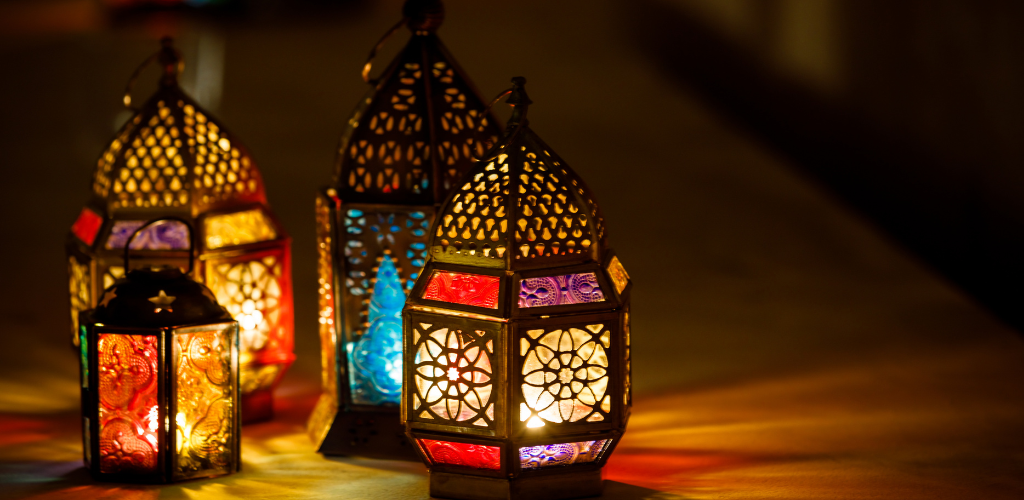Ramadan holds significant importance for over one billion Muslims worldwide, serving as a month of inner reflection, devotion to God, and self-control. It is considered a spiritual tune-up, emphasizing the third pillar of Islam—fasting—as a means of cultivating self-discipline. By abstaining from bodily indulgences during daylight hours, individuals gain a heightened focus on their spiritual nature, fostering a closer connection to God.
The month is marked by intensive worship, Quran reading, charitable acts, behavioural purification, and the performance of good deeds. Fasting, beyond its religious obligations, serves the dual purpose of fostering empathy for the less fortunate and promoting gratitude for life’s blessings. Additionally, it offers health benefits and disrupts habitual overindulgence.

The Month of Ramadan: A Brief Overview
Ramadan, the ninth month of the Muslim Lunar calendar, is when Muslims believe the Holy Quran was revealed. The Fast of Ramadan spans the entire month, during which Muslims redirect their attention from daily concerns toward worship and contemplation. Strict restrictions govern daily life, with abstinence from food, drink, smoking, and sexual relations during daylight hours. The fast is broken each evening with the iftar meal and prayer, resuming the next morning. The month’s objectives include self-purification and the eradication of negative traits through a physical and spiritual cleansing process.
Religious Practices During Ramadan
Muslims, during Ramadan, frequent the Masjid for extended prayer sessions, including the Taraweeh prayer, which is two to three times longer than daily prayers. In the last ten nights, the search for Laylat-al-Qadr (the Night of Power) intensifies, believed to be the night of the first Quranic revelation. Eid-al-Fitr marks the end of Ramadan, celebrated as a festive occasion with congregational prayers, joyful gatherings, and feasting.
The Significance of Ramadan to Muslims
Ramadan holds profound importance for Muslims, as it commemorates the first Quranic revelations to Prophet Muhammad. The divine scripture, revealed in Arabic over twenty-three years, emphasizes monotheism and righteousness. Fasting during Ramadan, from dawn to sunset, symbolizes obedience and spiritual devotion. The month promotes a sense of compassion, self-control, and community, reinforcing the values of humility, generosity, and forgiveness. Fasting becomes obligatory after reaching puberty, aligning with other duties in Islam.


Why Muslims Fast?
Fasting in Ramadan carries multiple benefits for Muslims:
Compassion: Fosters empathy for the less fortunate by instilling a deeper appreciation for blessings.
Self-control: Builds willpower and resilience against temptations and peer pressure.
Purification: Facilitates physical and spiritual cleansing, fostering humility, spirituality, and community. As with other Islamic duties, fasting becomes obligatory after puberty.


















